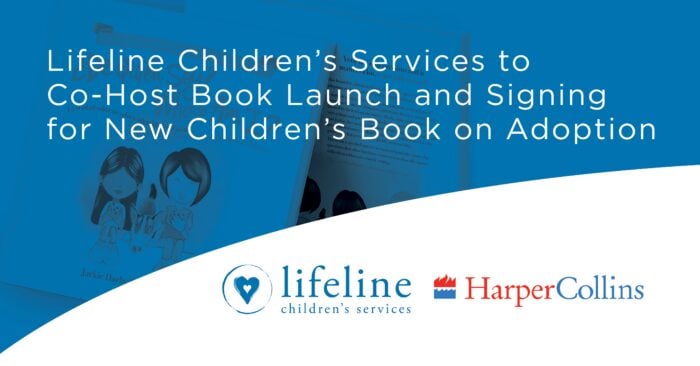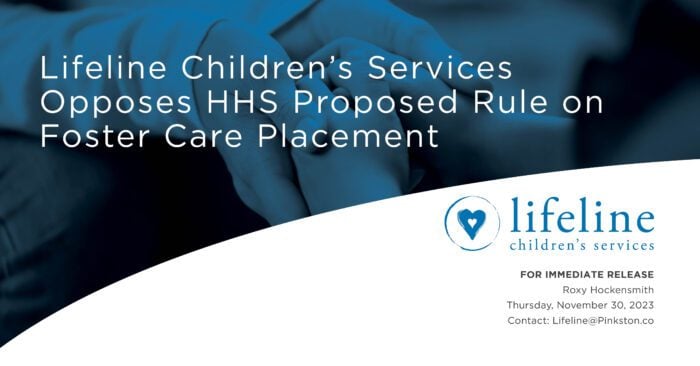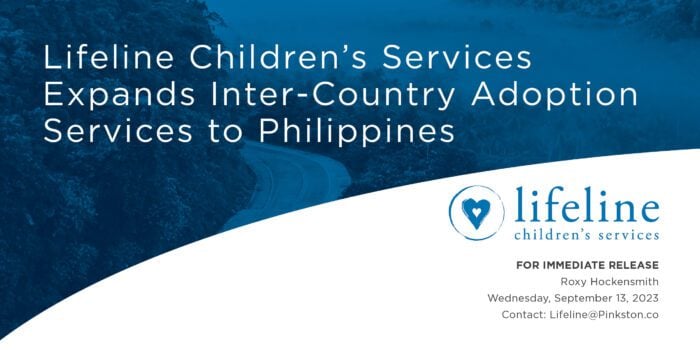For Newly Adoptive Families
We often think about the holidays with fond memories and a desire to be around those whom we love. Now, think about the craziness of holidays and consider how they could impact a child who has never been around such festivities, particularly with excited loved ones who are not familiar with the needs of adoption. The holidays can cause children from hard places to become overwhelmed or withdrawn; they can act out; and well-meaning relatives can even hinder attachment.
Obviously, the holidays are an important time of the year, and sharing that time with family—showing our children what it means to be family—is important. However, the well-being of our children and helping them feel comfortable and safe, while promoting attachment is imperative in the beginning months (or years) of being home. Depending on how your child is adjusting to his or her new family and progressing in attachment, use the following tips to be proactive about providing your precious son or daughter with the space and boundaries that are necessary for comfort and adjustment.
If you are unsure of steps to take, please talk with your social worker—they love to talk with families and help them transition well!
Tips:
* Start talking now: Be up front with family members and friends about your plans and limitations of the upcoming holiday season. Traveling and/or attending parties may or may not be in the best interest of your new child, and being up front about what your loved ones can expect will help with planning and alleviate surprises for everyone. Choose what is doable and helpful for your child, and remind your loved ones that these first months and years are imperative to adjustments and attachment, and time will allow all of you to do more in the future. Take advantage of this opportunity to educate family and friends about children from hard places.
- Children from compromised beginnings of life are easily stressed and overwhelmed.
- They need much structure and predictability, which holidays and celebration don’t typically illicit.
- Due to the child’s chaotic history, it is very important for parents to limit chaos.
- It’s important to maintain structure and normalcy as much as possible, which may require parents to keep expected daily routines for the child, even if they are different from the typical holiday traditions.
- Gifts, although often a sign of love, must be limited. Too many things may overwhelm children who have never had much to call their own. They also need to learn that love does not equal stuff.
- Children need sufficient time to learn that their mom and dad are different from other adults, meaning they need as much one-on-one time at home as possible. For these reasons, it may be necessary for the parents and child to miss various traditional holiday events.
* Provide perspective: Emphasize that these boundaries and limited time away from home will depend on your child’s needs but should be temporary. As adjustment and attachment occurs, things will return slowly to “normal.” However, there is only one opportunity to address attachment and adjustment issues from the very start; not paying attention to them at the beginning could prolong the process and create issues further down the line.
* Establish boundaries: These conversations may be difficult to do initially but the payoff will be great when your child has had time to adjust well. Likewise, the result of not setting clear and firm boundaries with others may be detrimental or prolong the healing process. Be graceful but confident in the boundaries you set up regarding physical touch, feeding, gift-giving, and other guidelines that are helpful for the well-being and attachment of your child.
* Provide arrangements for other children: Your family has been turned upside down, with all of the joys and challenges that go with having a newly adopted child in your family. You may wish to allow your biological or previously adopted children more freedom with family and friends. To accomplish their desires, you may need to recruit others to help with transportation or you may let them spend nights with grandparents. Discover what works best for your family, and be creative with what will help make the holidays peaceful and fun for everyone.
* Broaden traditions: Communicate with family and friends that traditions are what you make of them, and starting new ones are fun! Your child may have some traditions that you will want to include in your family’s celebrations. Look for ways to share your child’s culture with your expanded family but especially within your immediate family.
Overall it is your obligation, as parents, to protect your children which may mean having some difficult conversations with family and friends. It is also your job to show grace toward those who simply do not understand the unique needs of your family. Additionally, it is your responsibility to prepare your children for the change that naturally occurs during this busy and exciting time of the year.




